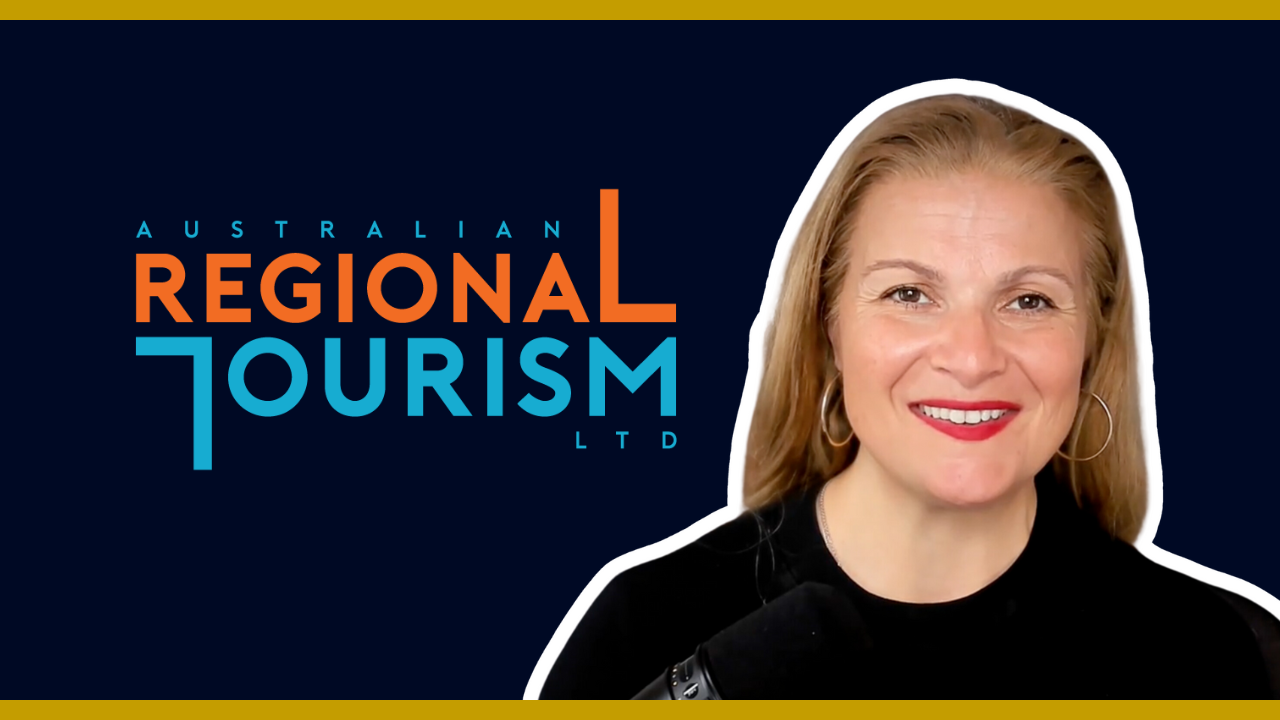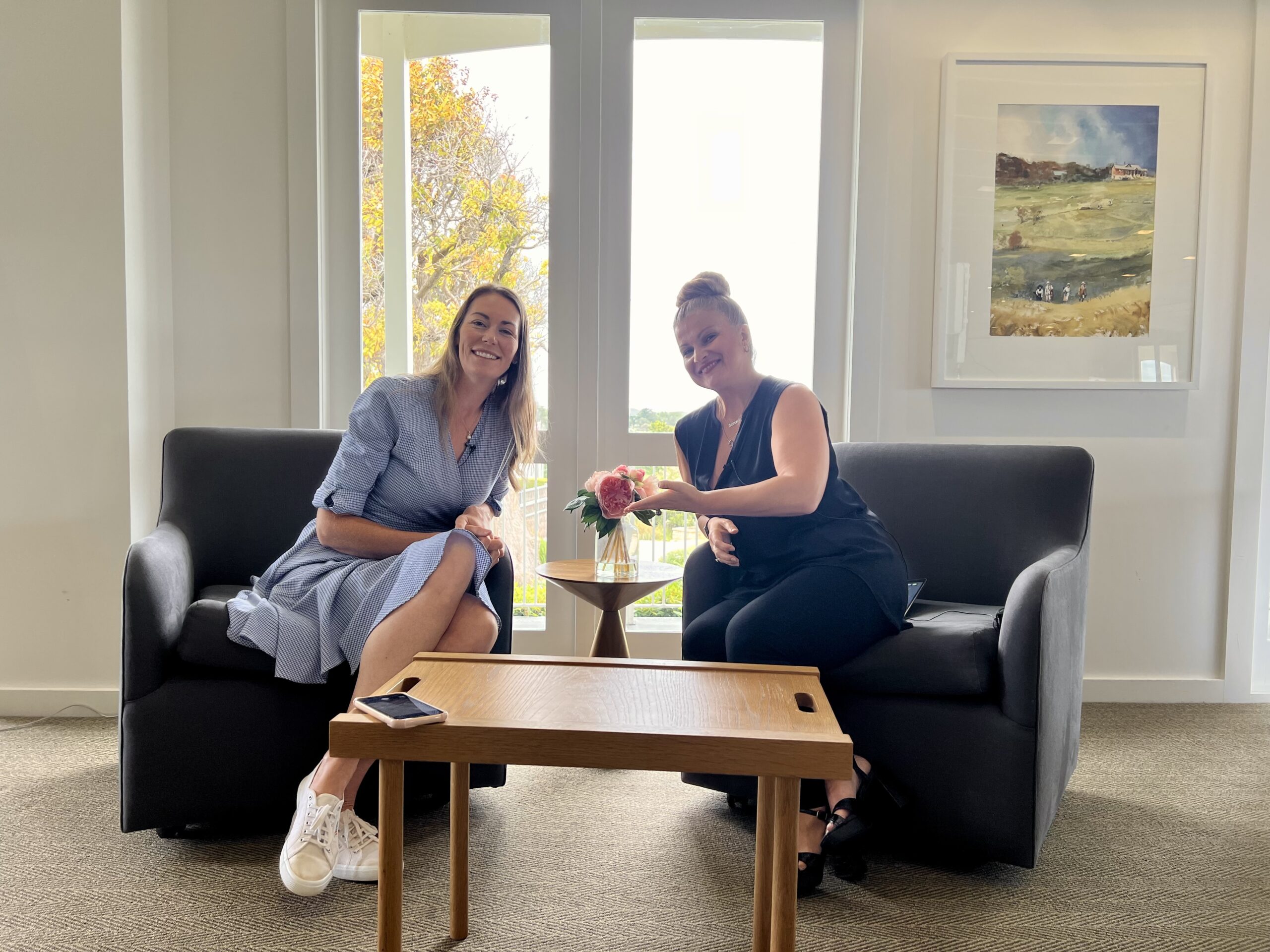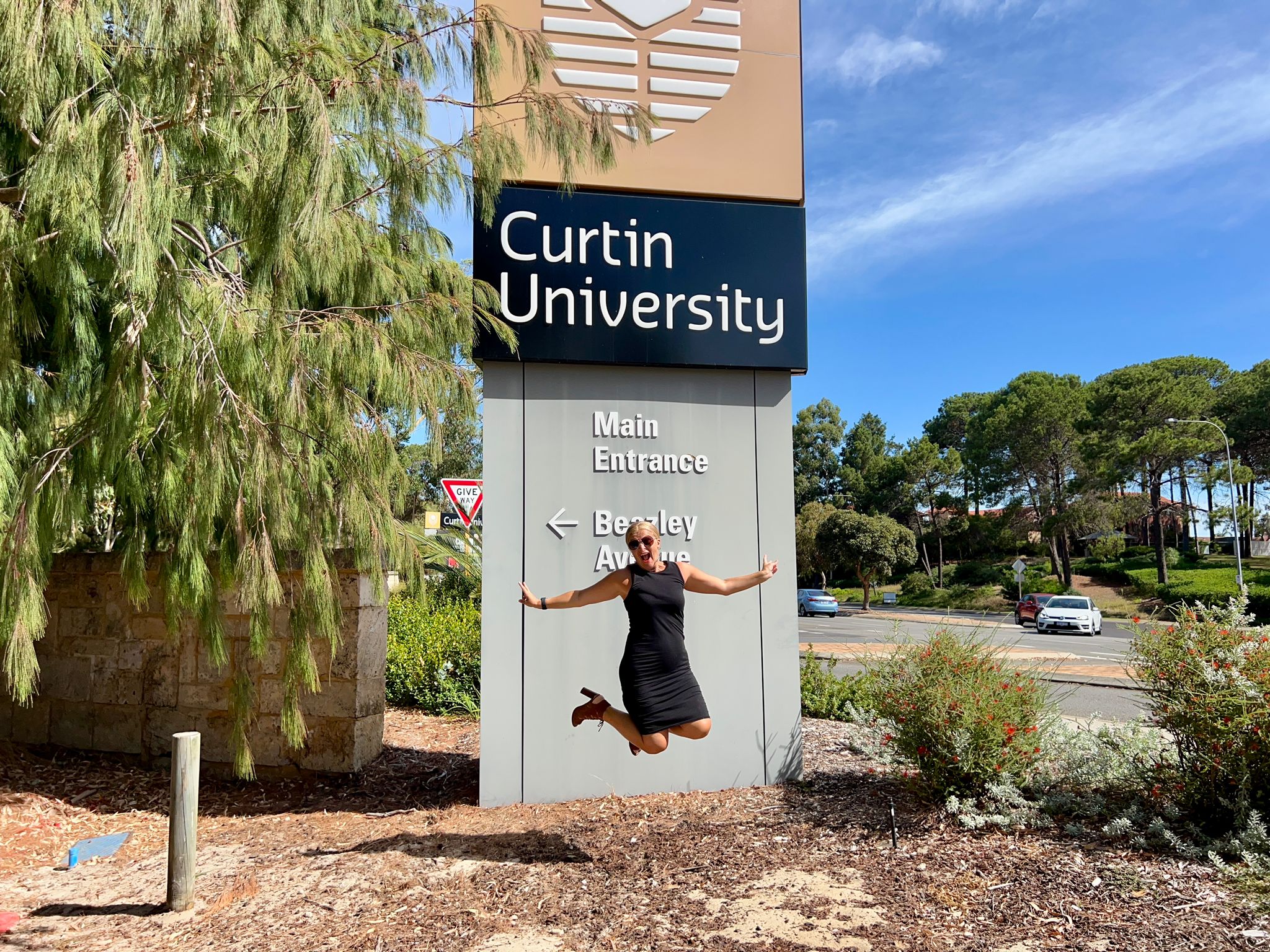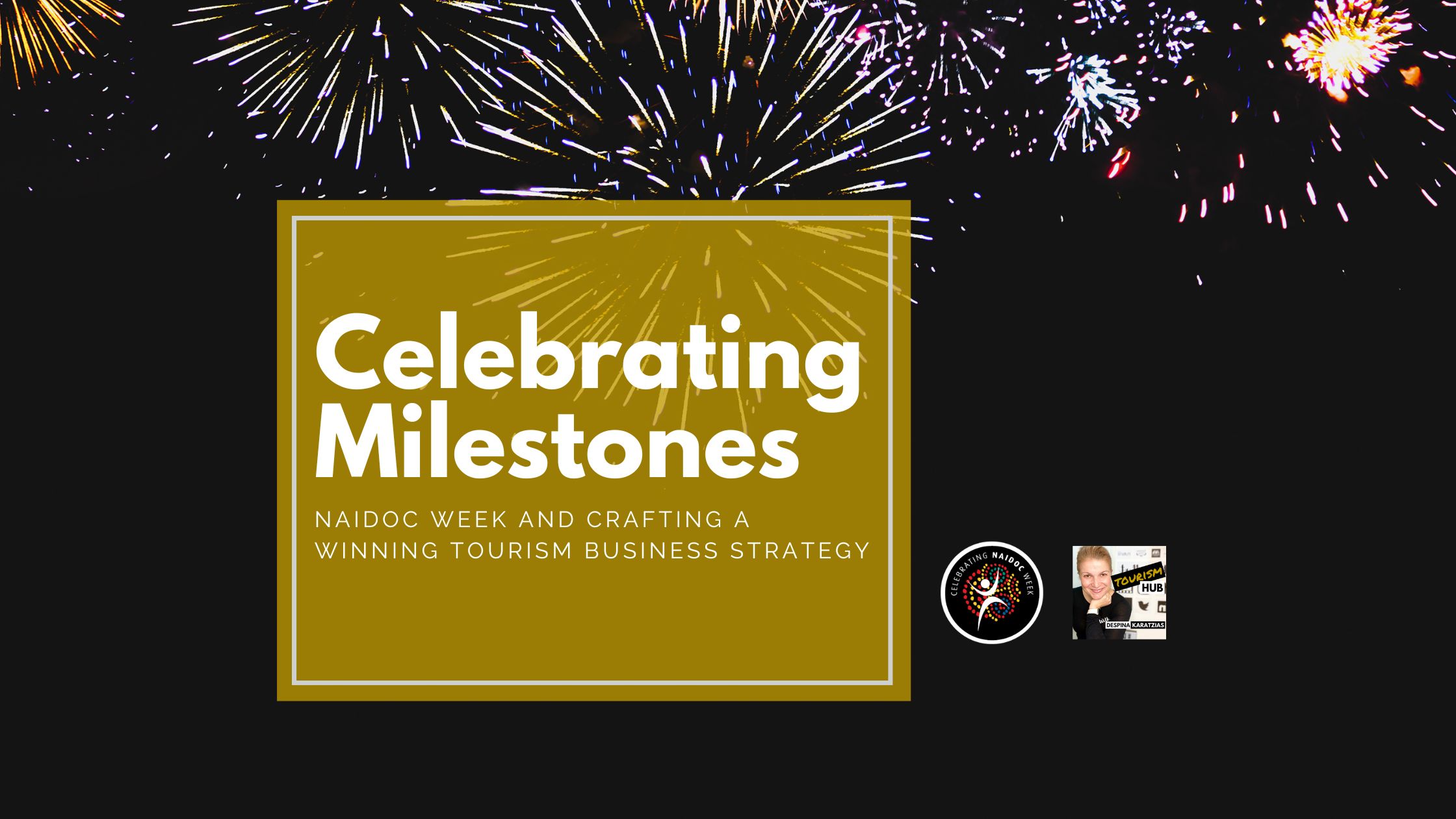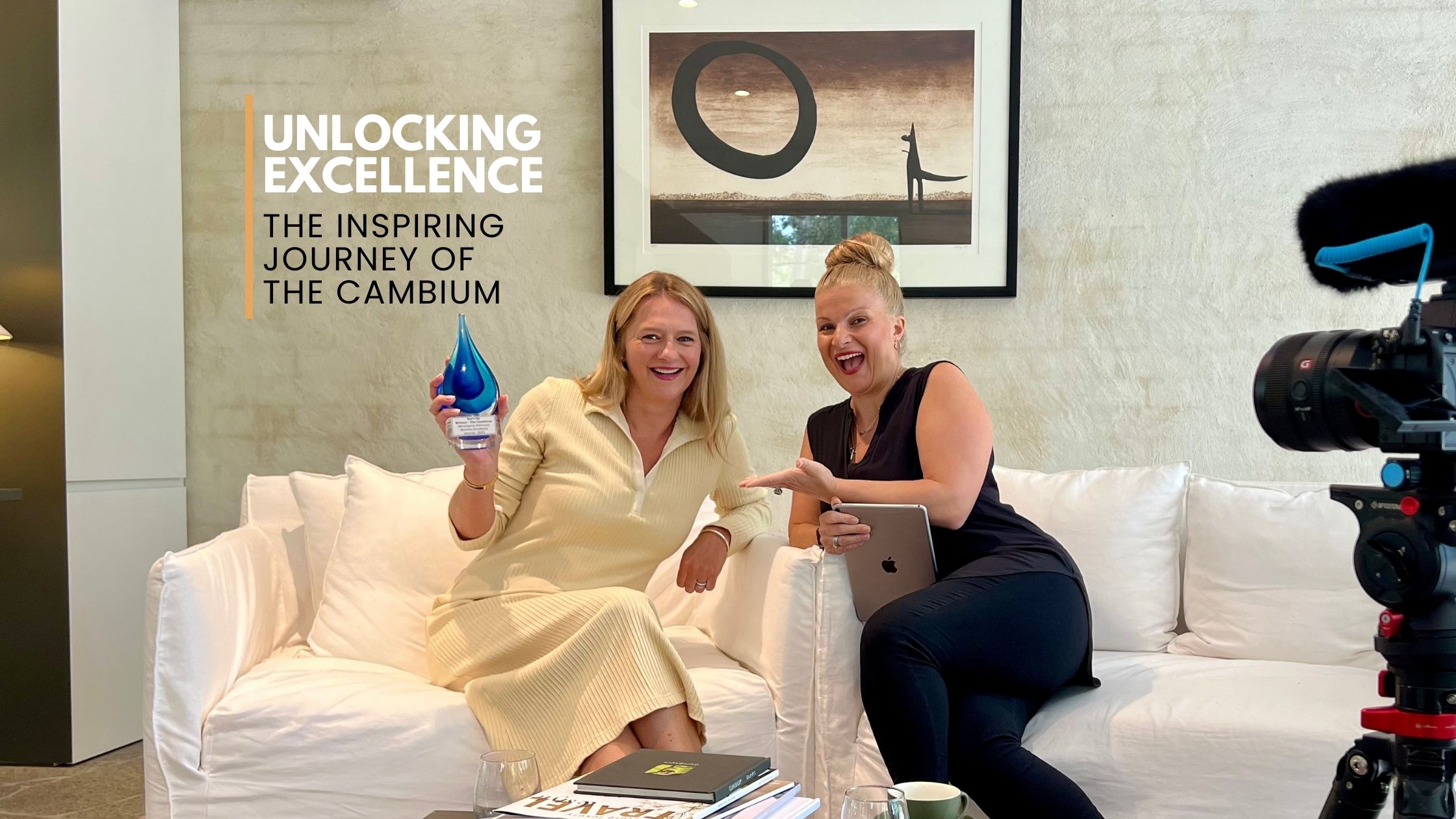Whether you’ve researched what’s required to develop or redevelop a website for your business or are interested in affiliate marketing or any other type of endeavours on the world wide web, no doubt you’ve come across the importance of SEO, short for search engine optimisation.
If you’re new to the business of digital marketing or transacting online, this is probably a term that’s utterly foreign to you. That said, SEO is essential for being found online – and how it works can be as confusing for some as it is to understand what it actually is.
To achieve any level of success online, it is imperative you understand the basics and how search engine optimisation works.
What is search engine optimisation?
There are great benefits to regularly posting content on your website and your SEO is one of them. Search Engine Optimisation is the process of optimising a web page (website page, article, video, blog post, or any piece of content that’s accessible on the internet) in a way that those searching for products, services, or information online will find the information they’re looking to access.
Think of the searches you perform using Google, Amazon, Facebook, or other search engines. The words you key in refer to as “keywords,” “search phrases,” or “search queries.” Whatever you call it, how would the search engines you’re using find what you’re looking for unless your website, social media platforms, videos, forums or other locations on the web contain the words or phrases you used in your search? They wouldn’t. For this reason alone, SEO is so important when you’re trying to be findable on the web.
How many times do you go on the second page of Google?
Anyone who wants to be found by prospective customers must intend to show up on page one or two when someone performs a search relevant to the product or service they offer. You’ll understand this if you think of your searches, as you probably don’t go much farther in your search than those websites that come up on the first page or two.
Naturally, this is impossible for everyone to achieve, considering the overwhelming competition in many industries or niches. Those who understand SEO and how to implement strategies that make search engine optimisation useful will rank higher in the search engine results pages than those who don’t have a firm grasp of what’s necessary to achieve these rankings. Now that you have at least some understanding of what SEO is let’s move on to something even more complicated – how it works.
How does search engine optimisation work?
While it seems like a simple question, the answer is quite complicated. Many factors affect SEO. To fully optimise your content for search and make it tall work succinctly, many strategies have to be implemented and embraced to be successful. Ranking high in the results pages for specific keywords or phrases don’t happen overnight; it’s a slow and continuous process that, over time, gradually leads to results when done correctly.
In a nutshell, search engine optimisation drives targeted traffic to your website, essential for generating new leads and gaining new customers. Three of the most important factors when implementing SEO include:
1. Keywords
It’s essential to delve deep when researching keywords to determine which are the most relevant to your product or service, which keywords have less competition (making them easier to rank for), and most important, which ones people are frequently using when searching for your product or service.
A note on keywords: While you want to use keywords sparingly throughout your content, page titles, headers, etc. it’s important not to “keyword stuff”, as Google frowns on this practice. Let keywords or keyword phrases fall into your content naturally, and use synonyms and other words or phrases that are relevant and give search engines a clear idea of what your page is all about.
2. Quality content
Search engines demand great content that’s unique, informative, relevant and engaging. Don’t even consider copying content from other sites; this is plagiarism and will result in your website ranking so low no one will ever find it, or it being banned altogether.
Google’s top priority is delivering the best possible user experience to those searching for information. This must be all our priority so be sure your content is exceptional.
The more content you create and add to your website or blog the better chances you have of being found for additional keywords and phrases that fall into your content. Unique content is the basis of SEO, so make sure you develop fresh, compelling posts, pages, videos, white papers or other content regularly.|
3. Link building, or off-site SEO
Link building also referred to as off-site SEO, is made up of the things you do off of your website to enhance your SEO efforts. Search engines often determine the quality of a website by the number of links pointing to the pages of the site; however, these should be quality links from trusted sources and NOT purchased links.
Inbound links may come from other people’s blogs (whether you guest post on the blog or the owner of the blog links to content you’ve written that’s interesting or helpful to his/her readers), social media platforms, articles you’ve written and posted somewhere else on the web, press releases, videos – literally anywhere on the internet.
Organic or “natural” links are the best of all, as these occur when others link to your content simply because they like what your article, page, or blog post is representing. In these cases you don’t have to ask for the link, it comes naturally. Continue to develop fantastic content, and the links will come.
Some other factors that impact good SEO include:
Internal links:
Linking the pages of your website to other relevant pages on your site.
ALT tags for pictures:
Used to describe the image or what the image is representing. One of the primary purposes of ALT tags is for the benefit of visually impaired users who use screen readers when browsing.
Meta tags:
Snippets of text that describe a page’s content; the meta tags don’t appear on the actual page itself, but only in the page’s code.
URL structure:
Users and search engines should be able to understand what is on each page just by looking at the URL which should be keyword-rich, meaning your target queries should be within your URLs.
Responsiveness/speed of your website:
How quickly your website loads, or if it has a responsive design theme.
Test if your site is mobile responsive: https://search.google.com/test/mobile-friendly
Test your sites speed: https://www.thinkwithgoogle.com/feature/testmysite
These things are a little more technical, but not too tricky – you’ll pick it up as you go along as you build your website intelligence.
Summary:
Search engine optimisation can seem intimidating and even frightening when you’re a beginner, but it isn’t the monster you probably imagine at this point. The more you study it and put search engine optimisation into practice when you’re creating content, the easier it will become. Hopefully, the information above has helped you understand not only why SEO is vital to your online efforts, but a little about how it works as well.
If you enjoyed this article you may also wish to read How to Craft an SEO and Content Marketing Strategy on a Budget.


